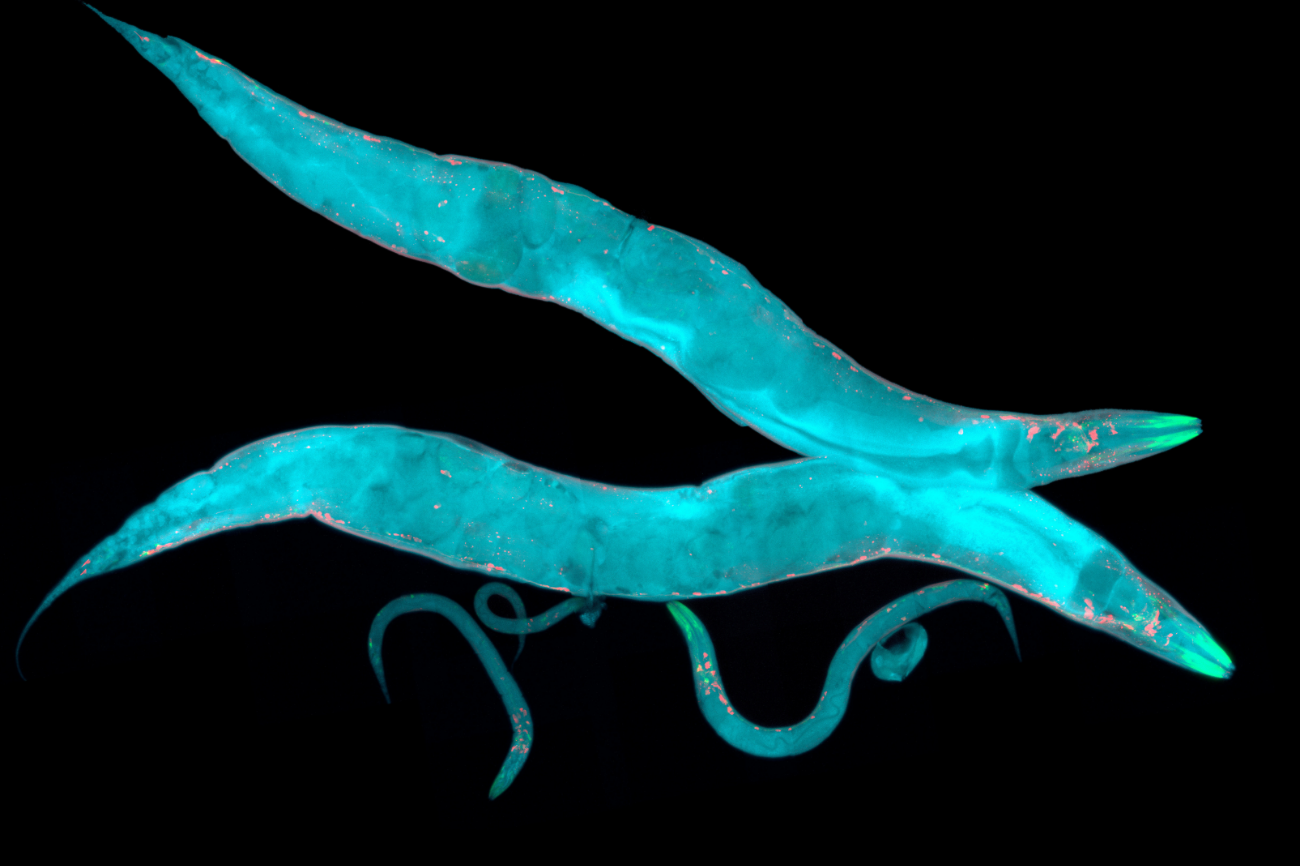The COVID shots of 2021—and even the bivalent booster you may have gotten recently—are no longer a great match for the strains of the virus that are going around. Fortunately, new versions of the vaccine will be available this fall. Flu shots are also still important, and RSV shots are available for the very young, for people who are pregnant, and for older folks. Here’s your rundown on this fall’s vaccines, and when you should get them.
What shots do I need and when?
Fall is the beginning of flu season, and it’s also when we see an uptick in other respiratory illnesses. To better protect yourself, you may want to get:
- A flu shot, ideally during September or October (for everybody aged 6 months and up).
- A COVID shot, of the new formulation if possible (for everybody aged 6 months and up). The new ones will be available in late September.
- An adult RSV shot if you are 60 or older and if your doctor thinks it makes sense for you (there is also an RSV shot for babies up to 8 months). If you are pregnant, you’re recommended to get an RSV shot between 32 and 36 weeks of pregnancy.
If you are pregnant, besides the RSV shot, the CDC recommends getting a flu vaccine, a COVID vaccine, and a pertussis vaccine (TDaP) in your third trimester. The baby will be born with antibodies to those diseases, protecting them for about the first six months of life.
What’s different about the new COVID vaccine?
The first generation of COVID vaccines used mRNA for the spike protein from the original flavor of the virus. Later, the bivalent boosters came out, using the original strain alongside the Omicron version. This year, the vaccines will use just one strain, this time the XBB variant. Eris, one of the dominant strains circulating right now, is a close relative of XBB.
The new COVID vaccines aren’t on pharmacy shelves yet, but are expected to be available in late September 2023.
Can I get the vaccines at the same time?
You can get multiple shots in the same appointment, although the CDC has recommended in the past that you get the COVID shot in one arm and your flu shot in the other if you’re using one of the high-dose or adjuvanted flu shots (this applies to older adults, but not to middle-aged or younger people).
Otherwise, it’s up to you. Each shot may result in a sore arm, so you might prefer to get both of them over with at once, or you might decide it’s more convenient to stop by the drugstore one week for your COVID booster and the next week for your flu shot.
The CDC says that the RSV vaccine is safe to receive alongside COVID, flu, or other vaccines. If you’re getting multiple vaccines, you may want to talk to your doctor or pharmacist about whether it makes sense to get them all together.
This post was originally published in August 2023 and was updated on Sept. 27, 2023 to include the information that there is now an RSV shot recommended during weeks 32-36 of pregnancy.
Note: This article have been indexed to our site. We do not claim legitimacy, ownership or copyright of any of the content above. To see the article at original source Click Here













